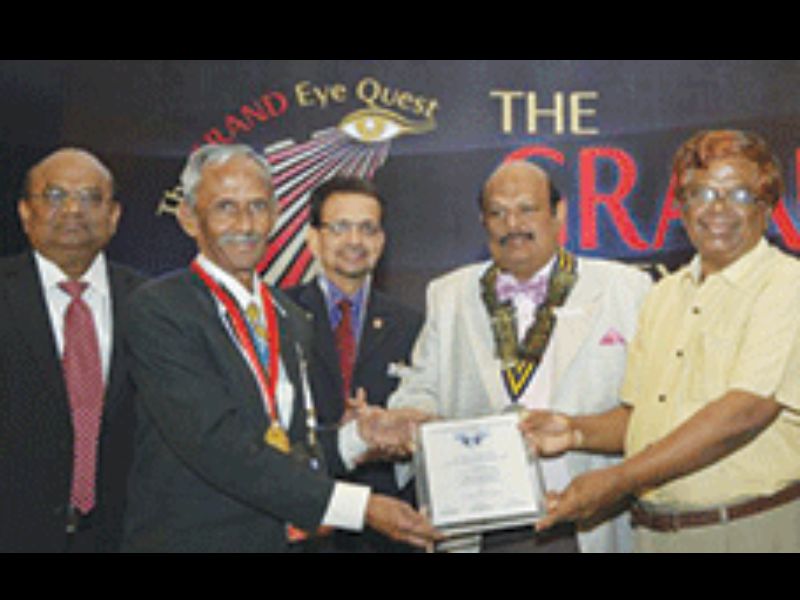Refuting the blanket ban imposed on promotion of private law colleges by the Act, the division bench drew attention to the Supreme Court judgement in TMA Pai Foundation and Ors. vs. State of Karnataka (2002) which upheld the right of all citizens to engage in any legitimate business, trade and profession under Article 19 (1) (g) of the Constitution and also of minorities to establish and administer educational institutions of their choice under Article 30 (1). Moreover, in that landmark judgement the apex court expanded the ambit of this fundamental right to all citizens.
The high court’s verdict has been specially welcomed by the Villupuram-based Vanniar Educational Trust (VET) which had to fight several battles in court to obtain an NOC (no objection certificate) from the state government to establish a law college in the tier-2 city of Tindivanam. The trust first applied for an NOC to the Tamil Nadu state law department on September 25, 2007. Six years later after obtaining an NOC in February 2013 to start classes in its Saraswathi Law College, Tindivanam, VET’s application for affiliation with the Tamil Nadu Dr. Ambedkar Law University (TNDALU) was rejected in 2015 on the ground that the TNEPLC (P) Act, 2014 had become law on September 2, 2014. Faulting TNDALU for denying affiliation on this ground, the high court directed the state government to pay a sum of Rs.20,000 as compensation to VET and directed TNDALU to process VET’s affiliation application within four weeks.
The legal fraternity across the state has also widely welcomed the high court verdict. Currently, Tamil Nadu has seven government law colleges and a School of Excellence, Chennai, all of whom are affiliated with TNDALU. Moreover, there’s one National Law School in Srirangam district, three deemed universities providing legal education and only one private law college — the Central Law College, Salem, established in 1984. Compared to 13 law colleges in Tamil Nadu (pop. 72 million), Andhra Pradesh (pop. 50 million) has 37 and Karnataka (pop. 65 million) hosts 93 law colleges.
Although at the time of introducing the TNEPLC (P) Act, 2014, the AIADMK government promised to promote greenfield government law colleges in a phased manner, none have been promoted during the past two years. With the acute shortage of law colleges in Tamil Nadu and the dismal condition of its existing government-run law colleges, thousands of students are obliged to read law in the neighbouring states of Andhra Pradesh and Karnataka. Statistics reveal that 1,760 law graduates, who have been awarded law degrees in other states, are being enrolled by the Bar Councils of Tamil Nadu and Pondicherry annually.
Under the circumstances, experts opine that the AIADMK government’s sole motive in legislating the TNEPLC (P) Act was to foil all attempts of VET to establish a private law college in Tindivanam. “The acute shortage of law colleges in Tamil Nadu can be addressed by encouraging promotion of private law colleges and ensuring that government and private colleges provide high-quality education. To improve poor standards of legal education in the country, the Bar Council of India must be divested of its powers by amending s.7 of the Advocates Act, 1961 as it has failed miserably in monitoring legal education standards. An academic body of legal experts and jurists should oversee legal education in India. There is also urgent need to prepare a comprehensive syllabus for undergraduate law courses, appoint well qualified teachers to teach the law and ensure that powers of recognition and affiliation of private law colleges are invested in a responsible body which strictly enforces the regulations framed,” says K. Chandru, distinguished former Justice of the Madras high court.
Now that the Madras high court has cleared the path for promotion of much-needed private law colleges in the state after 32 years, their managements would do well to heed wise counsel and focus on providing nationally — even if not globally — comparable legal education, the lack of which has short-changed business, commerce, industry and the public of the state for much too long.
Hemalatha Raghupathi (Chennai)
